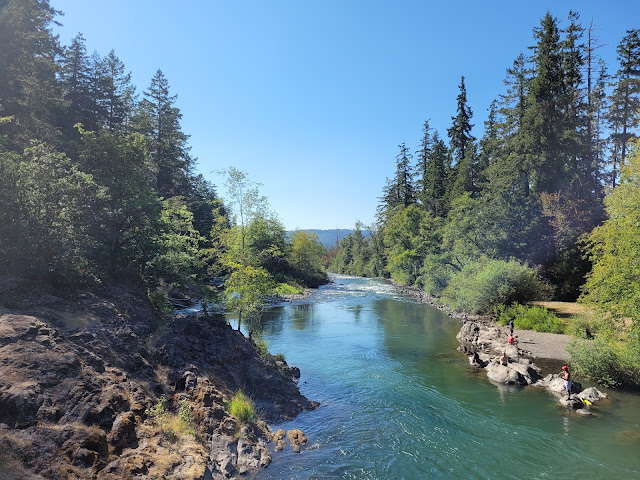Squirrels, Raccoons, and Deer, Oh My!
When exploring the forests, prairies, deserts, lakes, rivers, and oceans, it is important to remember you are a visitor in the wildlife’s habitat. During you visit to the great outdoors, please be respectful of their habitat and habits. By doing so, you will be helping to protect wildlife from disease and physical harm.
When you encounter wildlife, it is important to remember – NEVER FEED WILDLIFE. Why you ask? One reason is the animals will get accustomed to receiving food from humans and begin to expect it. This can cause wildlife to be aggressive and sometimes violent. Secondly, it is harmful to the animals’ digestive system. Lastly, feeding wildlife can interrupt the migration cycle of wildfowl.
Keep Wildlife Wild!
Camping
1. Keep food in airtight containers
2. Keep food out of reach of wildlife – keep locked up in vehicle
3. Do not feed wildlife!
4. Keep food out of your tent
Wildlife viewing
1. Do not touch wildlife –
some species parents will reject their kids if they
have been touched by humans
2. Do not approach wildlife
3. Keep a safe distance away
4. Keep your pets away from wildlife and keep them up to date on vaccines –
pets and humans can transmit disease to wildlife.




Comments
Post a Comment